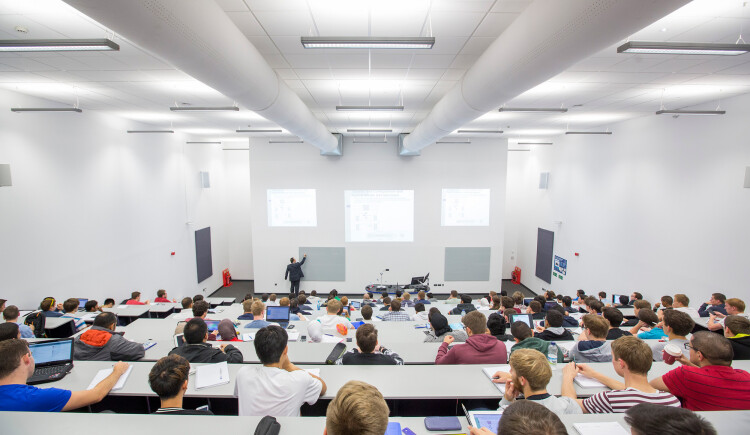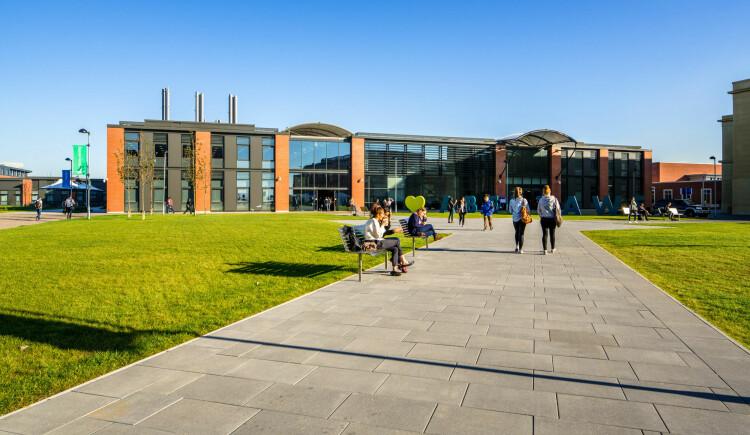Our Expectations of You
These expectations are an extension of the Student Charter and all policies related to student conduct and behaviour established by the University. It is recommended to remain familiar with these policies as they exist to support your educational experience whilst at Swansea University.
There is lots of support available to you during your time at Swansea University, but it can be a challenge to know where to start. If you are ever unsure, please reach out to the Student Experience and Information Team, who will offer guidance or point you in the right direction.




